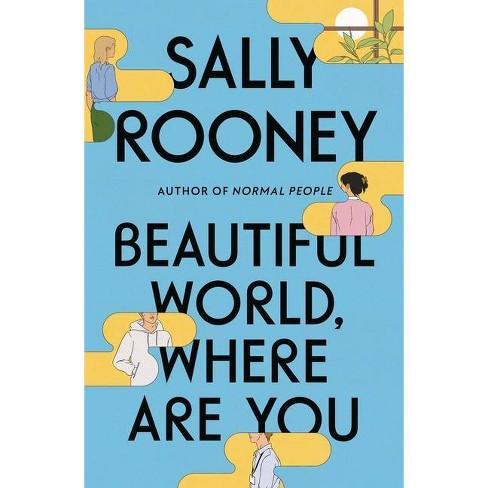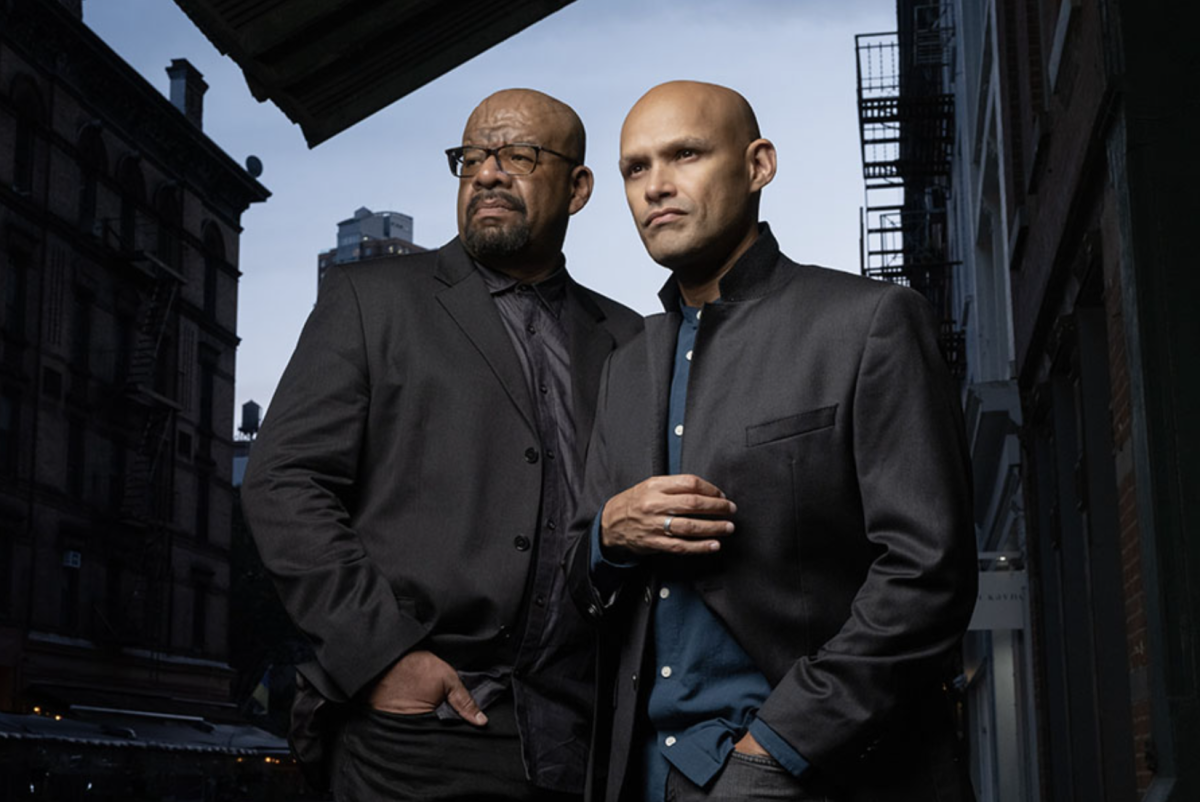Faber and Faber released Sally Rooney’s third novel “Beautiful World, Where Are You” on Sept. 7, 2021. Since I’ve read her previous novels and short stories and have unsuccessfully scoured the internet for copies of her grocery list to obsess over, it is an understatement to say I excitedly anticipated its release.
“Beautiful World” is a typical novel written by Irish millennial Rooney: seemingly plotless and filled with existential malaise. Alice, one of the novel’s protagonists, is a wealthy novelist who moves to the Irish countryside and begins dating a warehouse worker named Felix after struggling to cope with her rise to literary fame. Her best friend, Eileen, edits for a literary magazine and maintains a relationship with her childhood friend Simon that seesaws between platonic and romantic. The four characters relentlessly obsess over the world’s current state, but mostly, they wonder why they care so much about love and sex and relationships when millions are suffering.
Rooney’s greatest strength is her ability to include her readers in her characters’ daily lives, but she replaced that level of closeness with chapter-length emails. The detached, often emotionless third-person narration made me miss the first-person perspective in her previous novels, “Conversations with Friends” and “Normal People.” Her characters also do much of the overanalyzing for the reader, leaving very little mystery. I know why they hate late-stage capitalism; I know why they find their occupations meaningless. I know they recognize their privilege in having time to debate the role of contemporary novels, and it is both thrilling and unsettling to know exactly how Rooney wants me to feel about her fictional characters.
Still, Rooney writes about relationships with such poignancy and honesty, never failing to imbue her characters with imperfections and unflattering descriptions that make me love and despise them in equal measure. Her characters find it trivial to derive pleasure from intimacy and relationships when there are objectively more important topics, and it is, but it is also human. What makes “Beautiful World” impactful is not its discussions of class consciousness and the commodification of art; rather, it is the subtle details — the long embrace after months apart and the late-night conversations — that make being human feel synonymous with love and care. Critics of Rooney often characterize her writing and surface-level Marxism as mundane, but while it is frustrating, it is also intentional. “Beautiful World” is not about providing concrete answers; it’s a reminder that you are not alone in your questions and uncertainties.
While her previous novels gave the impression that she’d already worked through the angst that inspired them, “Beautiful World” feels like a confession rather than a reflection. I read “Beautiful World, Where Are You” in one day, and I plan to reread the 327 pages because its nuances serve as a constant reminder that the beauty and meaning Eileen, Alice, Felix and Simon search for can be found in contemporary novels like this one.






